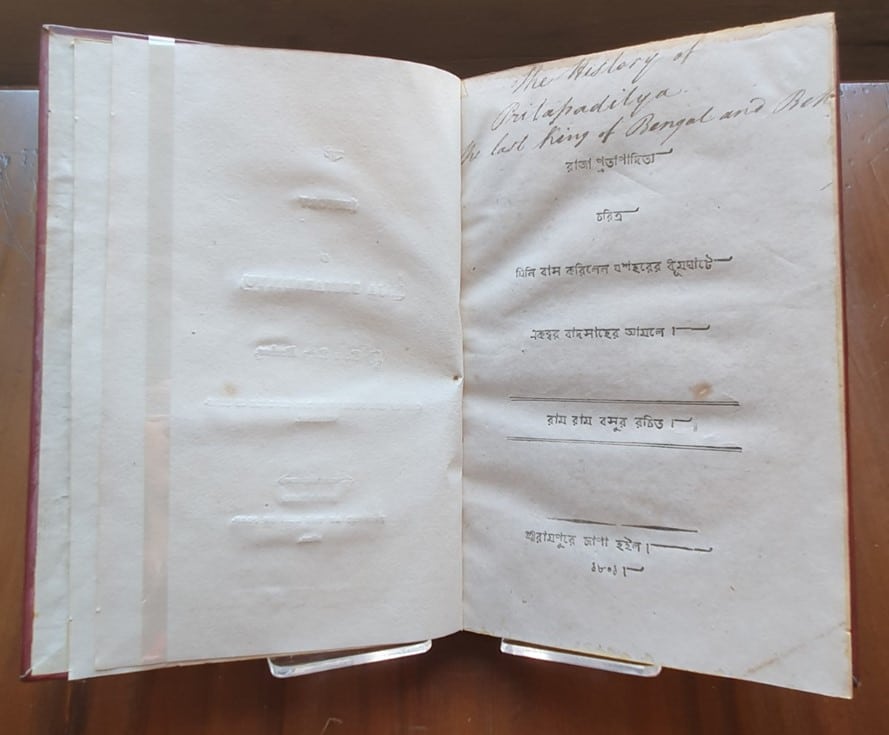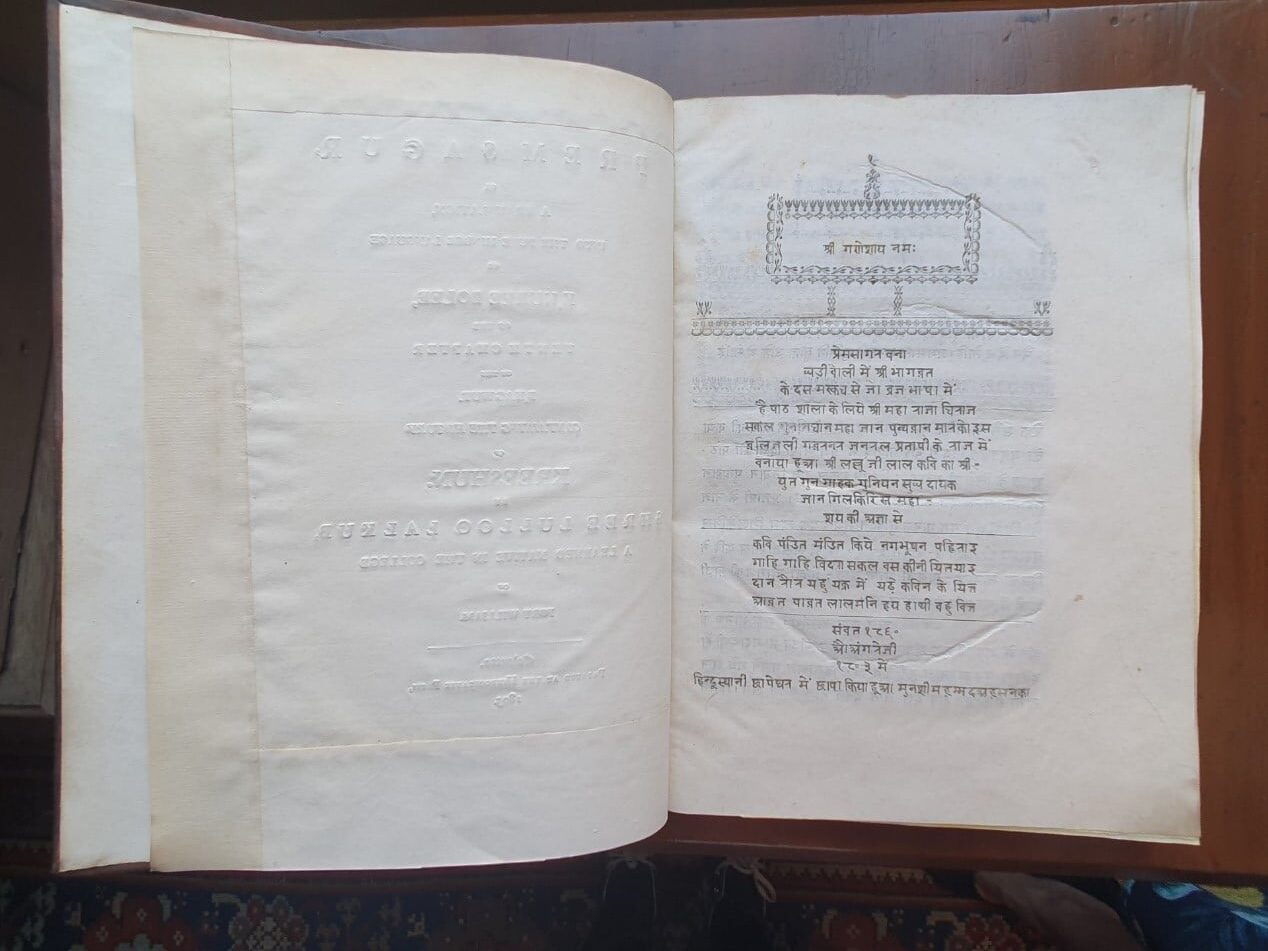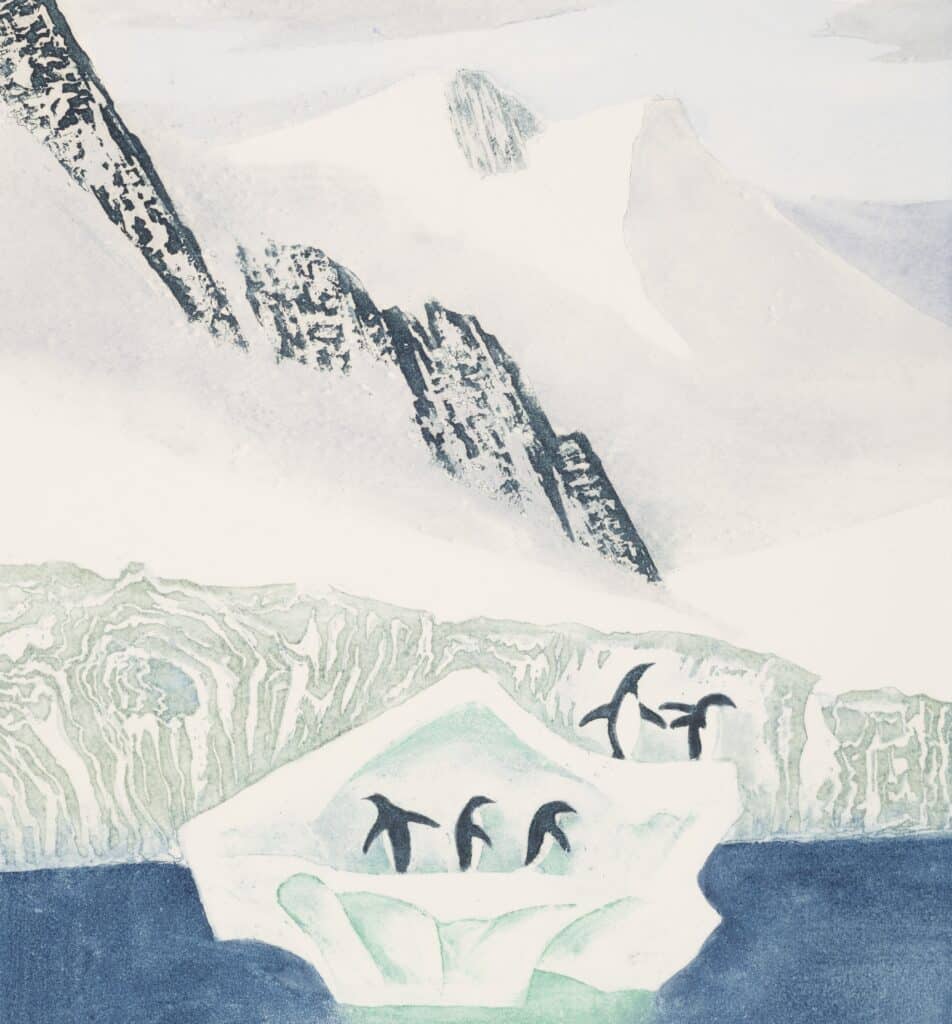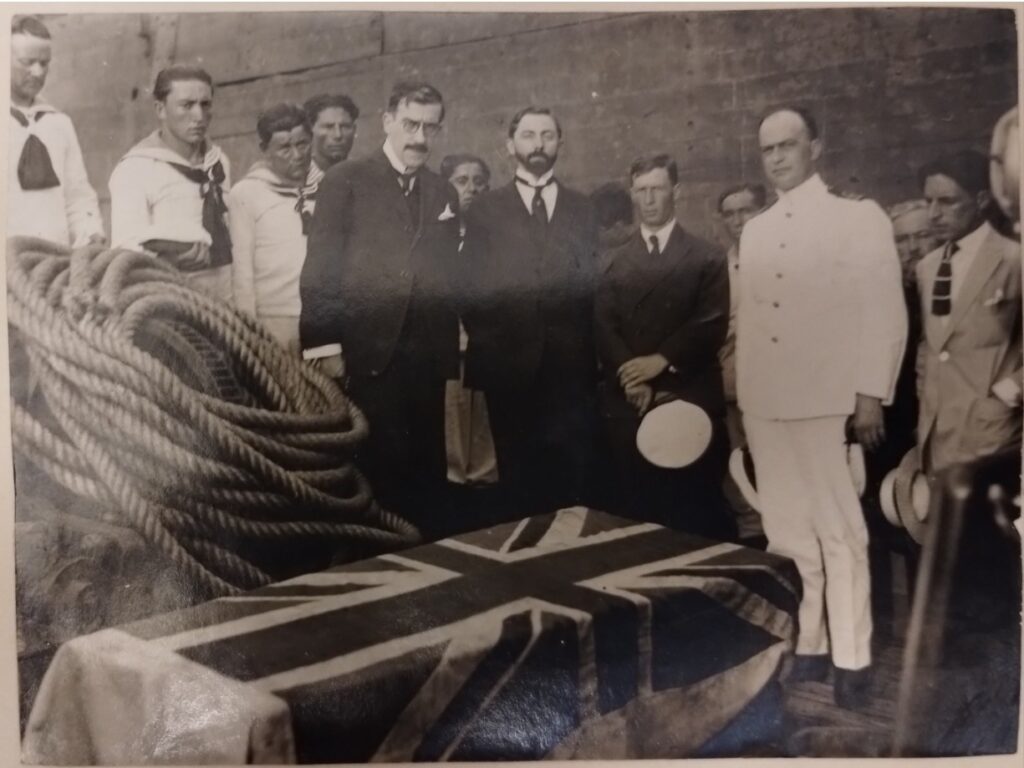The Founder of Fort William College
In August 1800 Lord Richard Colley Wellesley, an Etonian who believed in the idea of a ‘civilising mission’ in India, founded the College of Fort William in Calcutta (Kolkata, India) to train British officers.
These soon-to-be administrators of the empire were usually members of the East India Company which, by the end of the 18th century, was no longer considered merely a commercial enterprise but rather an active driver of British sovereignty in the Indian Ocean. In Wellesley’s vision, future British officers needed to be acquainted with the history, languages, and customs of local people to be able to rule the country. To this aim special textbooks were produced for the students of Fort William College to learn Bengali, Hindi, Urdu, Arabic, Sanskrit and Persian, among other languages. The college soon became a centre for the study of Oriental languages.
From Kolkata to Eton
The first Vice-Provost of Fort William College, Rev. Claudius Buchanan (1766-1815), believed that the college had been founded to ‘enlighten’ India and reinforce British power over it. As a fervid promoter of the college in Britain, he presented the Fort William schoolbooks to several universities and public schools including Eton College, even though the East India Company had not given him permission to do so. This decision eventually cost him his position at the college.
On Buchanan’s initiative, twelve trucks of books left Kolkata on board of an East India Company ship called Lady Jane Dundas in 1805. Of this cargo, about sixty books reached Eton: Arabic fables, Persian and Sanskrit grammars, guides to Hindustani, Bengali dictionaries and more found their place in College Library.
More books were later sent probably on board of the Althea, a Kolkata-built vessel hired as an extra ship by the Company. The Althea was captured by the French off Mauritius on 17 April 1804 and the cargo was lost.
First original Bangla prose
Neither Wellesley nor Buchanan anticipated the effects of Fort William College on Bengali culture itself. The books proved to be more than ‘elementary schoolbooks’ as assumed by the East India Company. Although underpaid, native language teachers became pioneering figures in the dissemination of Oriental works in vernacular. One of them was Rāmarāma Basu (ca. 1757-1813) who taught Sanskrit in the college from 1801 to his death. His book The history of Raja Pritapadityu is now credited as the first original prose printed in Bengali.

First work in modern literary Hindi
Lallu Lal (1763-1825) served the College of Fort William for more than twenty years as a teacher of the Hindustani language. His Prem Sagar (‘Ocean of Love’) is considered one of the first modern Hindi books that was typeset and published. It is also the earliest work whose language resembles modern Sanskritised Hindi.

Laura Carnelos, Library Curator



